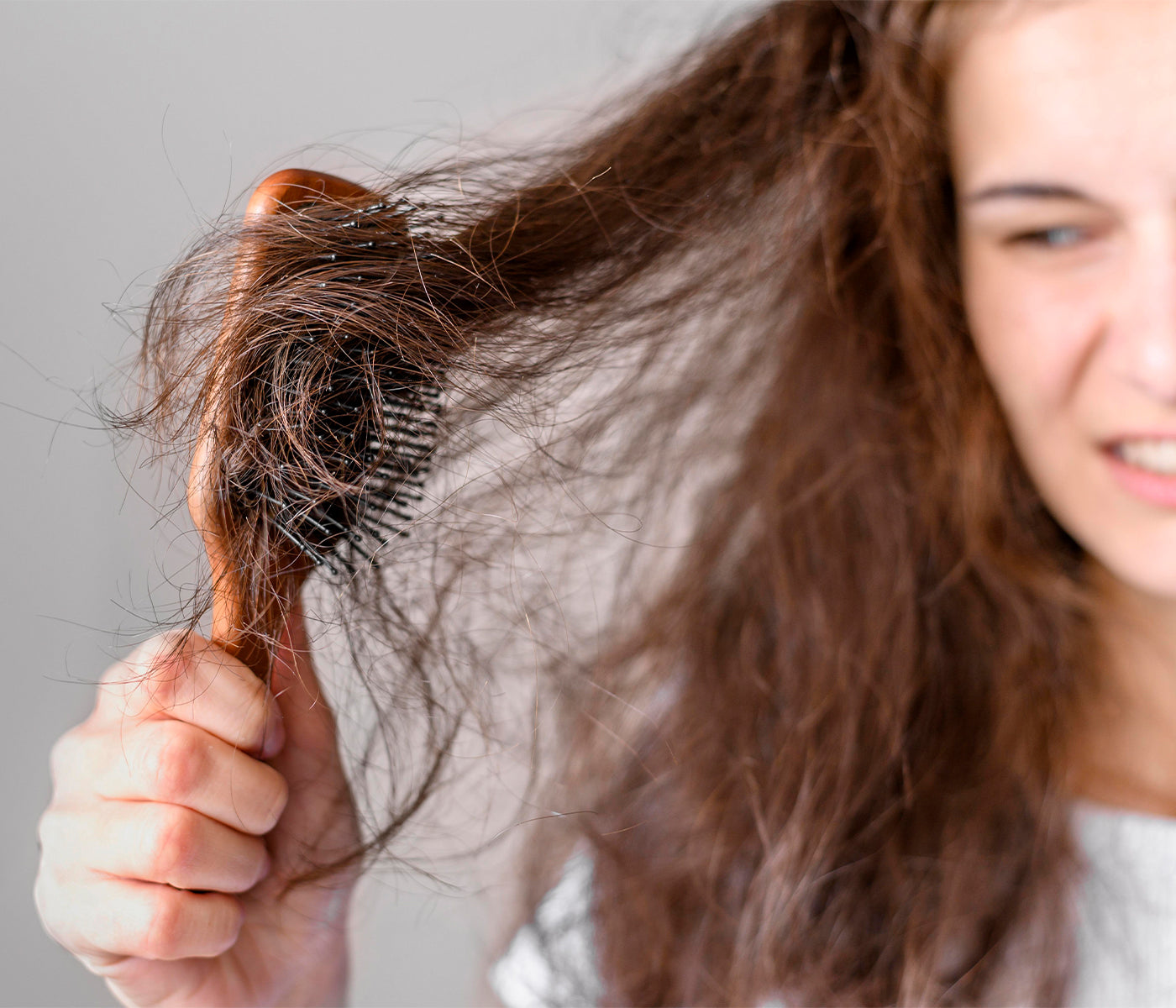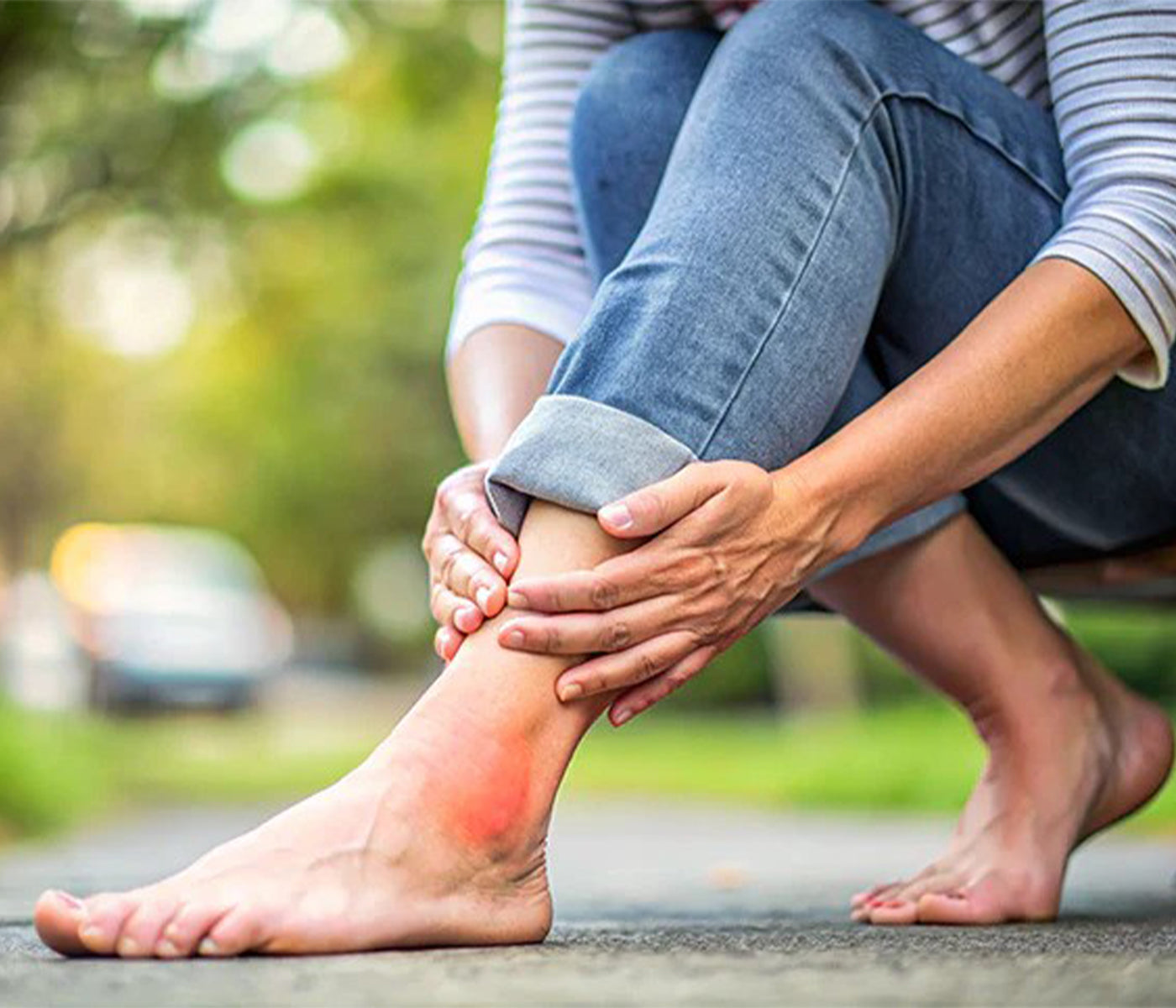
Breaking the Cycle: How Stress Affects Your Hair
Stress, a ubiquitous part of modern life, can manifest in various ways, one of which is hair loss. This phenomenon, often referred to as telogen effluvium, can be a distressing experience for many. Understanding the connection between stress and hair loss is the first step towards breaking this cycle.
The Science Behind Stress-Induced Hair Loss
When we experience stress, our bodies release hormones like cortisol, which can disrupt the normal hair growth cycle. Hair follicles, which are typically in a growth phase (anagen), may prematurely enter a resting phase (telogen). As a result, a significant number of hairs may shed simultaneously, leading to noticeable hair thinning.
The Psychological Impact of Hair Loss
Hair loss due to stress can have a profound psychological impact. It can lower self-esteem, body image, and overall quality of life. In some cases, it may even lead to social anxiety and depression.
Breaking the Cycle: Strategies to Manage Stress and Promote Hair Health
-
Stress Management Techniques:
- Mindfulness and Meditation: These practices can help calm the mind and reduce stress hormones.
- Yoga and Deep Breathing: Regular yoga and deep breathing exercises can alleviate stress and promote relaxation.
- Physical Activity: Engaging in regular physical activity, such as walking, running, or swimming, can help reduce stress levels.
-
Healthy Lifestyle Habits:
- Balanced Diet: A diet rich in vitamins, minerals, and protein is essential for hair health.
- Adequate Sleep: Prioritize quality sleep to allow your body to rest and repair.
- Hydration: Drink plenty of water to keep your body hydrated and promote healthy hair growth.
-
Hair Care Routine:
- Gentle Hair Care Products: Use gentle, sulfate-free shampoos and conditioners to avoid further damage.
- Avoid Heat Styling: Excessive heat styling can weaken hair and exacerbate hair loss.
- Regular Hair Trims: Trimming your hair regularly can help remove split ends and promote healthy growth.
-
Medical Intervention:
- Consult a Dermatologist: If you're experiencing significant hair loss, consult a dermatologist to rule out underlying medical conditions and discuss potential treatment options.

By understanding the connection between stress and hair loss, and by implementing effective stress management techniques and healthy lifestyle habits, you can break the cycle and regain your hair's vitality. Remember, taking care of your mental and physical health is crucial for overall well-being, including hair health.


